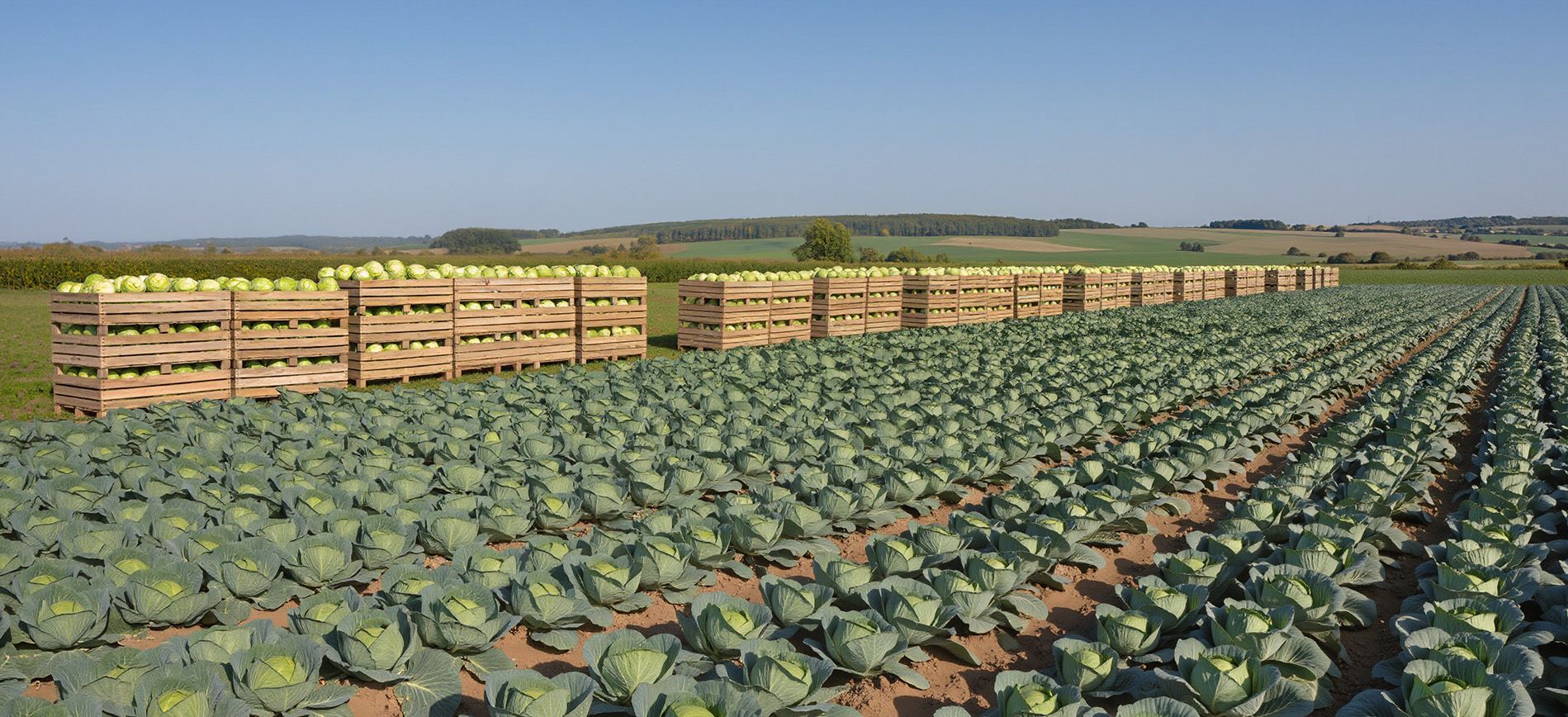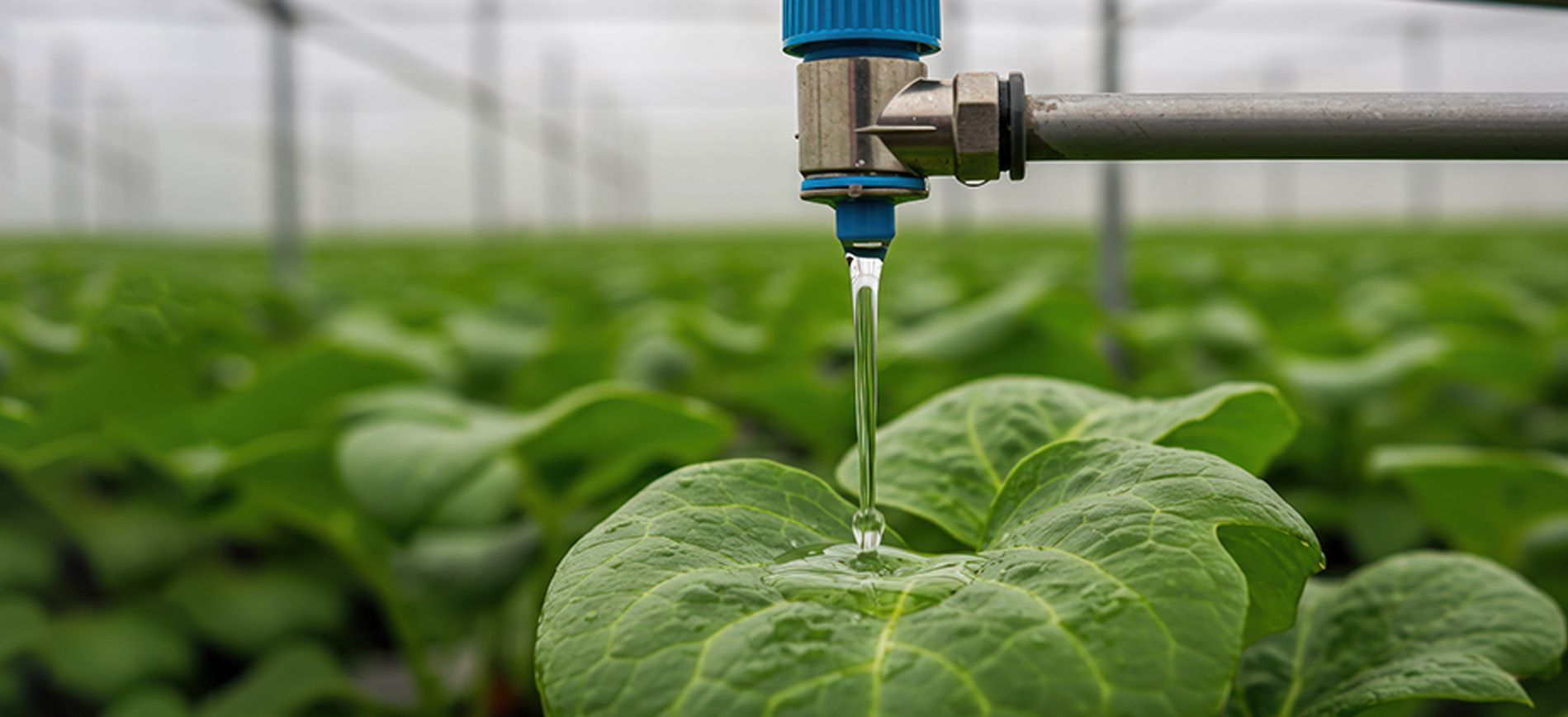The Role of NPK Fertilizers in Strengthening Global Food Security
The Role of NPK Fertilizers in Strengthening Global Food Security

The Role of NPK Fertilizers in Strengthening Global Food Security
The need for sustainable and efficient food production becomes more critical as the global population rises. NPK fertilizers, with their essential nutrients—Nitrogen (N), Phosphorus (P), and Potassium (K)—are a key solution to this pressing issue. This blog explores how NPK fertilizers are crucial in strengthening global food security by enhancing crop yields, improving soil fertility, and promoting sustainable farming practices.
Understanding the Importance of
NPK
Fertilizers
NPK fertilizers are fundamental to modern agriculture, ensuring crops receive balanced nutrition. Each component plays a specific role in plant development:
- Nitrogen (N): Promotes leaf and stem growth by enhancing chlorophyll production, essential for photosynthesis.
- Phosphorus (P): Strengthens root development, improves flower and fruit production, and aids energy transfer within the plant.
- Potassium (K): Regulates water uptake, increases disease resistance, and improves plant health.
How
NPK Fertilizers Enhance Global Food Security
1. Increasing Crop Yields
- NPK fertilizers significantly boost agricultural productivity by ensuring crops receive adequate nutrition at all growth stages.
- Higher yields mean more food production, reducing the risk of food shortages and price volatility. This assurance of a stable food supply enhances the confidence of farmers and agricultural professionals in their farming practices, providing a sense of security and stability.
2. Improving Soil Fertility
- Long-term agricultural activities deplete essential nutrients from the soil, threatening sustainability. NPK fertilizers, however, help replenish these nutrients, maintain soil health, and prevent degradation. This long-term benefit ensures consistent productivity over multiple growing seasons, reassuring farmers about the sustainability of their practices.
- Balanced fertilization, which involves providing the plant with the right amount of each nutrient, minimizes the risk of soil exhaustion and ensures consistent productivity over multiple growing seasons.
3. Supporting Sustainable Agriculture
- Proper NPK management is not just about enhancing crop yields, it's also about protecting our environment. By reducing nutrient runoff, NPK fertilizers minimize environmental pollution and protect water resources, significantly contributing to sustainable agriculture.
- Slow-release and organic NPK formulations enhance nutrient efficiency, reducing waste and maximizing plant uptake.
4. This efficient use of resources is a hallmark of sustainable farming practices. Strengthening Climate Resilience
- Well-nourished crops are more resistant to extreme weather conditions, including droughts and floods.
- Potassium-rich fertilizers help plants regulate water retention, reducing stress in arid regions.
Best Practices for Using
NPK Fertilizers Efficiently
- Soil Testing: Analyzing soil conditions before application ensures the proper nutrient balance and prevents overuse.
- Precision Agriculture: Technologies like GPS-guided fertilization and AI-based nutrient monitoring optimize NPK application, reducing waste and increasing efficiency.
- Integrated Nutrient Management (INM): Combining organic matter, biofertilizers, and NPK fertilizers enhances soil fertility while minimizing chemical dependency.
The Future of
NPK Fertilizers in Global Agriculture
With increasing demand for food, innovations in NPK fertilizers continue to evolve. The development of innovative fertilizers, which release nutrients based on plant needs, and eco-friendly formulations is shaping the future of sustainable agriculture. Additionally, digital farming techniques, such as AI-based nutrient monitoring and GPS-guided fertilization, improve nutrient efficiency, ensuring that every hectare of farmland contributes to global food security.
Conclusion
NPK fertilizers are pivotal in strengthening global food security by enhancing crop productivity, maintaining soil fertility, and supporting sustainable farming practices. By implementing advanced fertilization strategies and promoting responsible nutrient management, which involves using the right amount of fertilizers and preventing nutrient runoff, the agricultural sector can continue to feed the world efficiently and sustainably.




